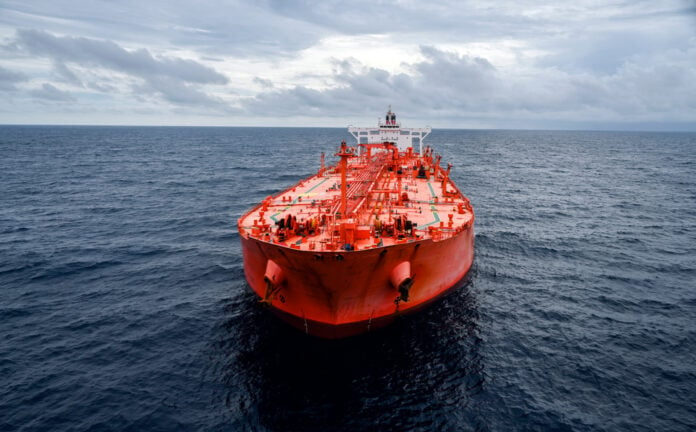The international shipping industry has to balance between the aging of its fleet year by year and the ‘murky’ landscape around “green” technologies and alternative fuels.
Although on the rise, shipbuilding is not enough and order books in the bulk carrier and crude tanker markets are at low levels, as a proportion of active fleets.
As a result, the goals set at the level of the International Maritime Organization (IMO), first in 2030 and then in 2040, are considered to be rather ambitious.
According to an analysis by Xclusiv Shipbrokers, the average age of the fleet of bulk carriers was 9.3 years in 2013, while that of tankers reached 8.9 years. Five years later, in 2018, the average age of bulkers reached 9.6 years and tankers 10.4 years.
In September, the average age in dry cargo reached 11.9 years and in tankers 12.5 years.
As the analysts explained, the last three years have seen long periods of good fares in both markets.
“Many shipowners prefer to keep their old ships as they opt for a small profit to ‘killing’ them for scrap,” Xclusiv Shipbrokers pointed out.















